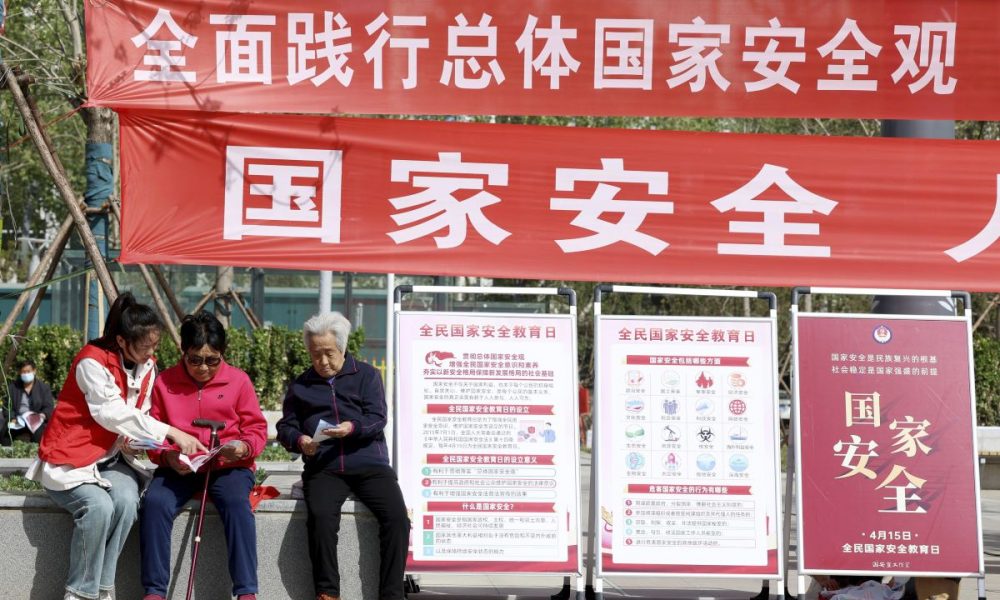
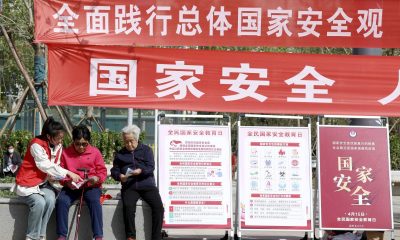

China's revised counterespionage law increases the risks for foreigners in China from arbitrary accusations of espionage from violations only China can define.
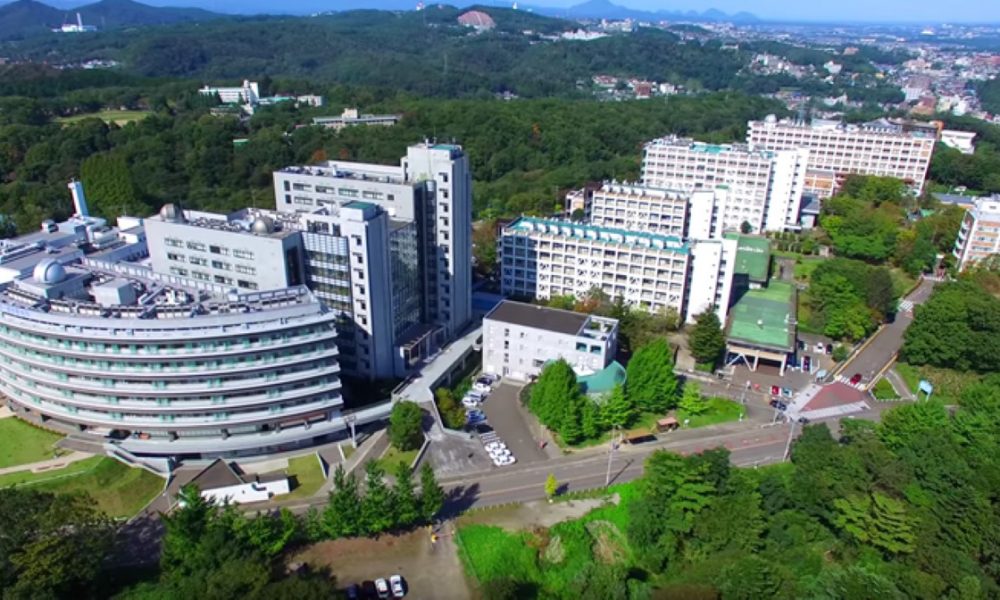


An anti-espionage law is crucial to halt cases like AIST where Japanese universities invest taxpayer funds in research that in the end benefits China.
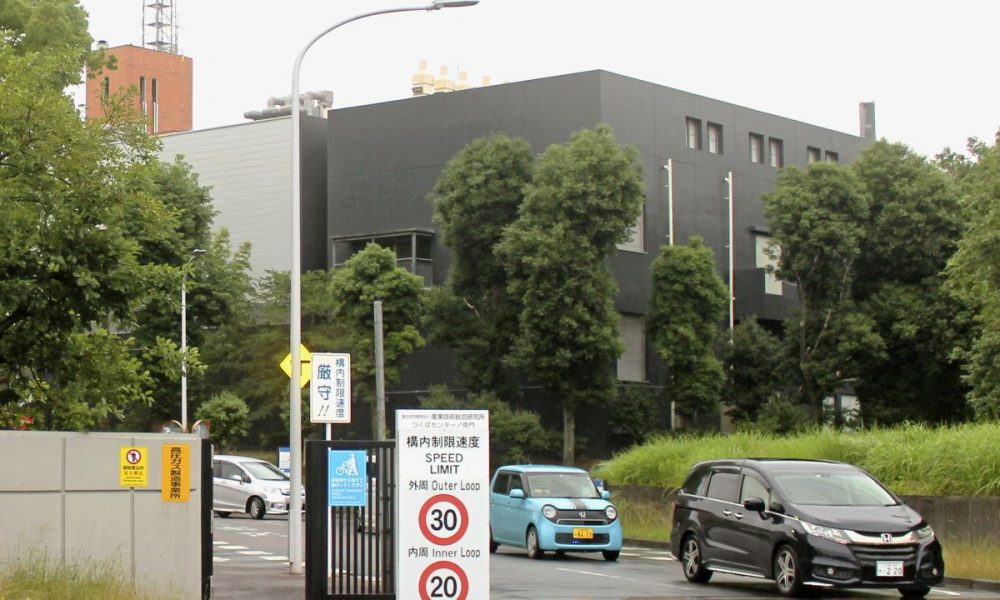
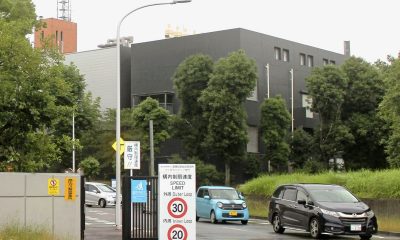

Recent technology leaks have highlighted the need for new recommendations for institutional internal management and information handling protocols in Japan.
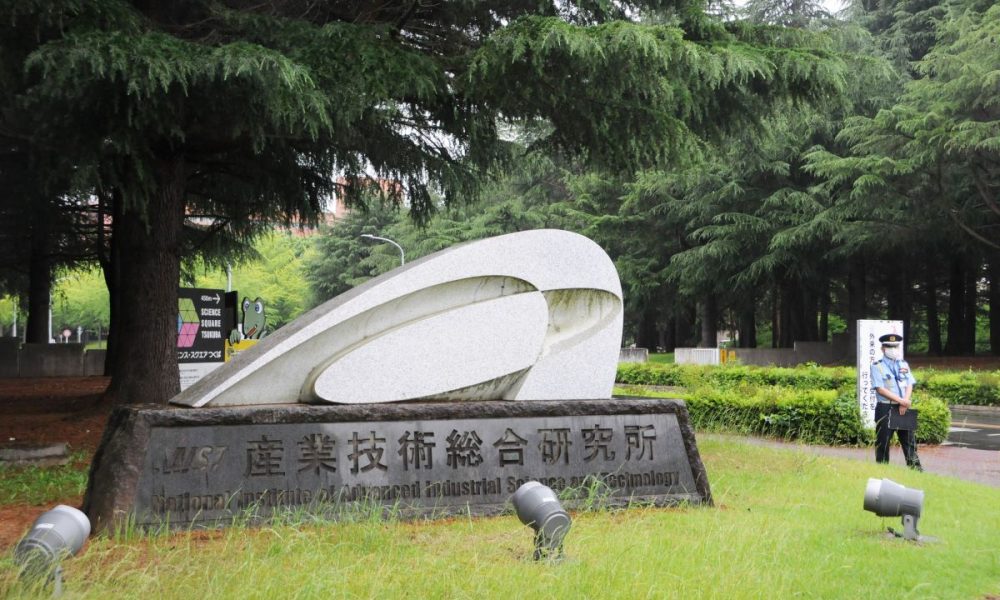
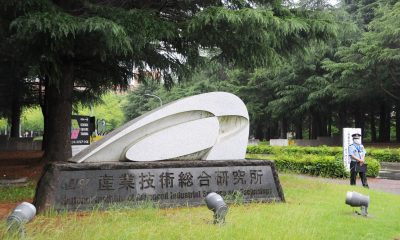

The suspect in the tech leak, a senior researcher at a Japanese research institute, is accused of sending data to a Chinese firm.
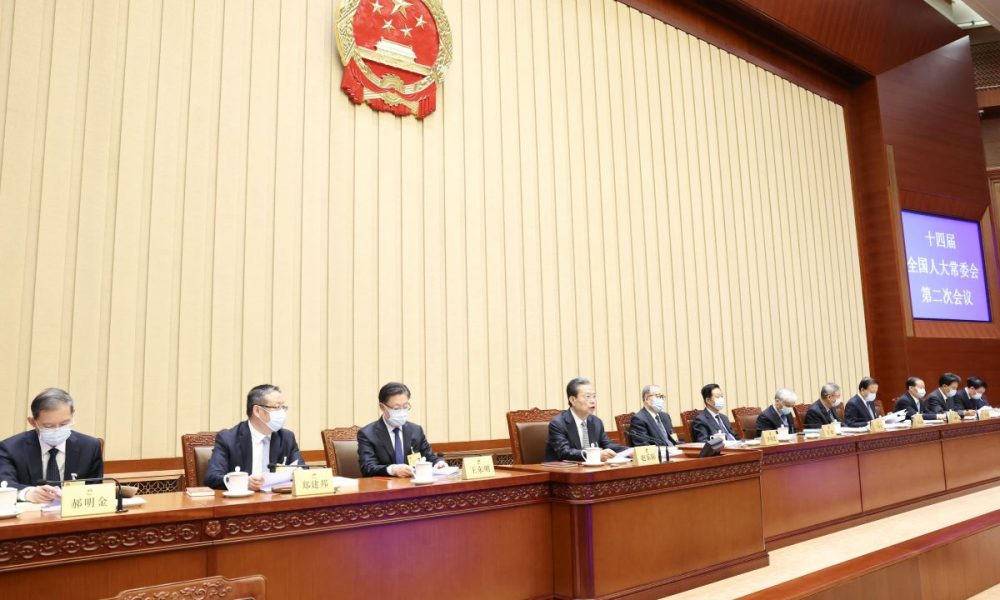
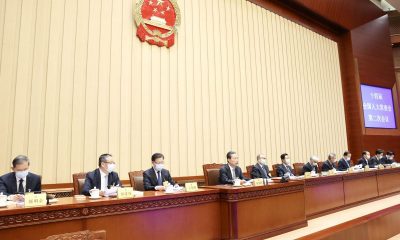

The expanded definition of "espionage" in the revised law means that legitimate business activities in China could be subjected to spying and investigations.
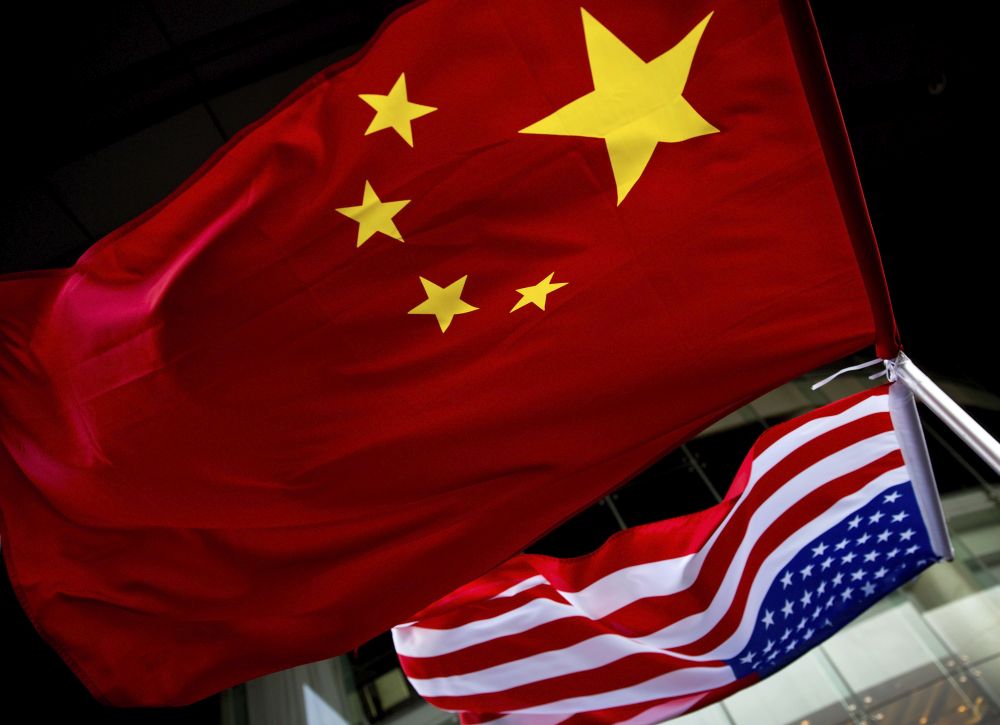


Chinese espionage has been so successful because the United States allowed it to fester. Spy balloons are just the tip of the iceberg.
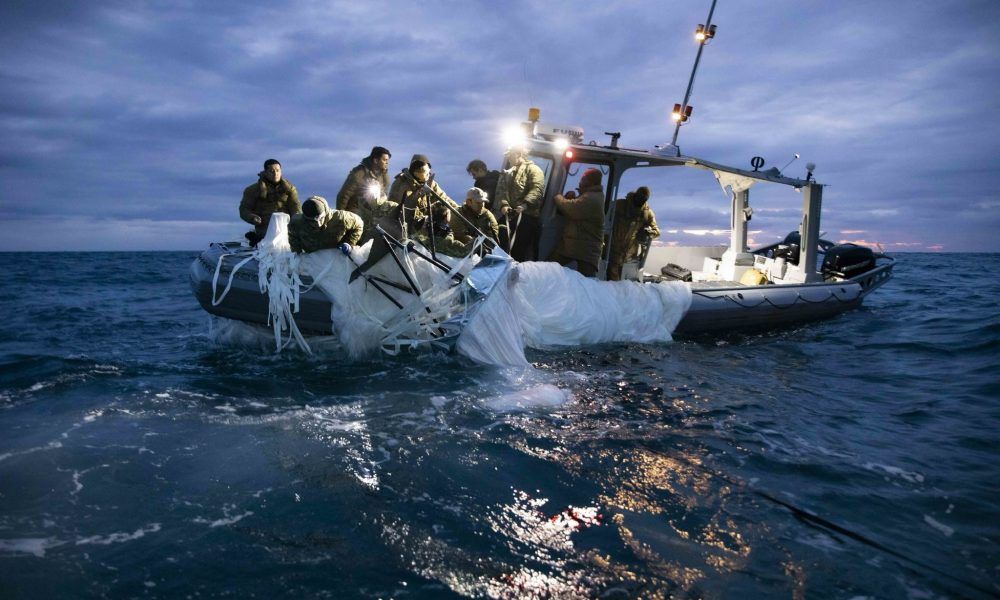


Beijing has tried to explain the spy balloon away, but the Pentagon says the Chinese military controls an aerial fleet that has no respect for national...
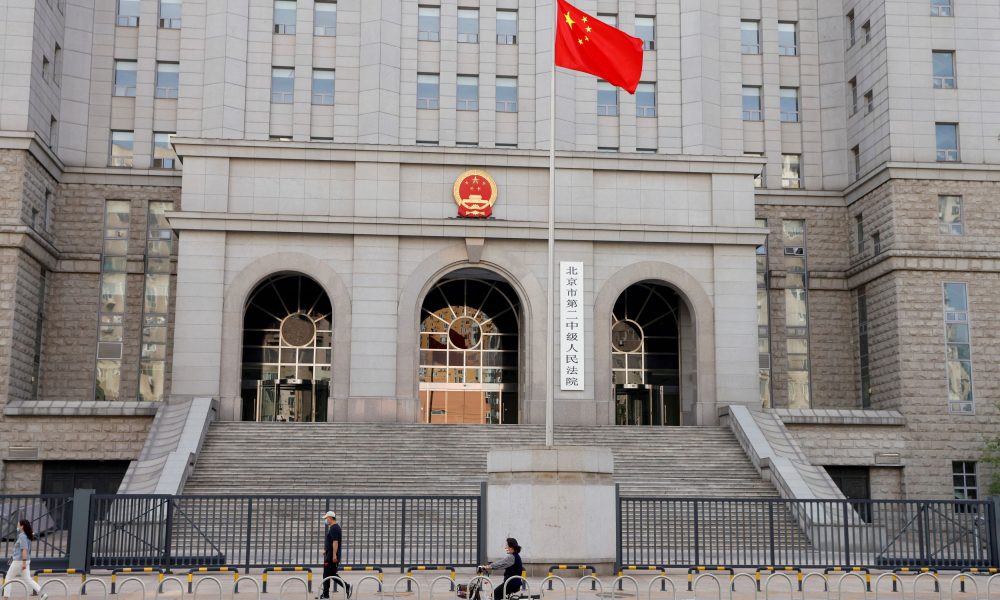
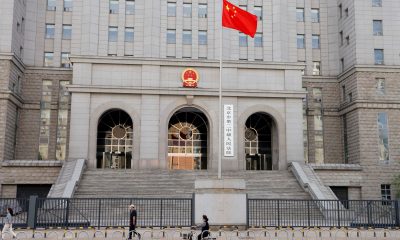

In a sickening violation of human rights, China detained the Japanese national for seven years without disclosing the charges against him.
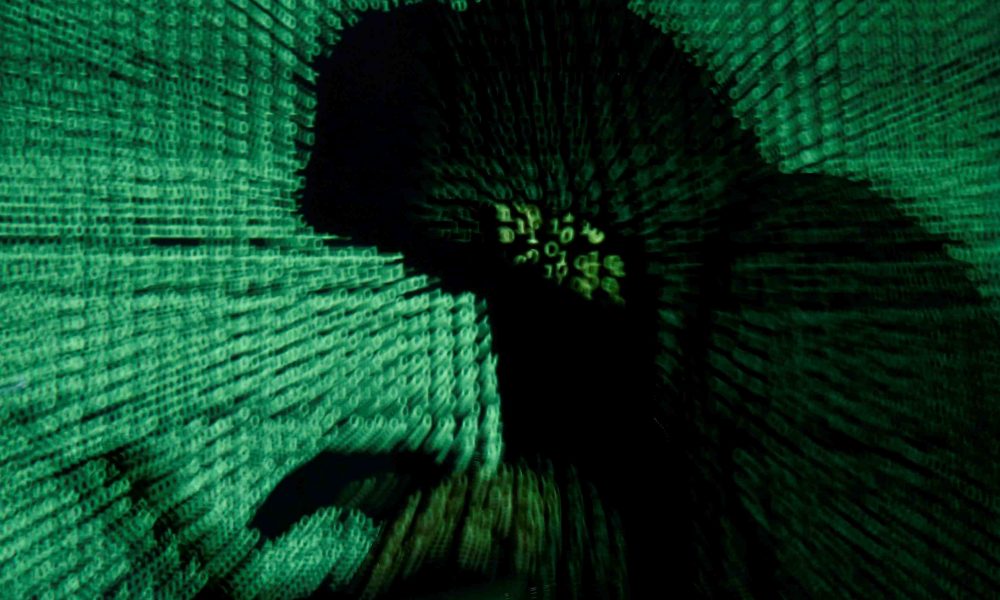


Japanese lawmakers cannot continue to leave the country’s advanced industries and agencies defenseless against sophisticated cyberattacks orchestrated by the Chinese military.
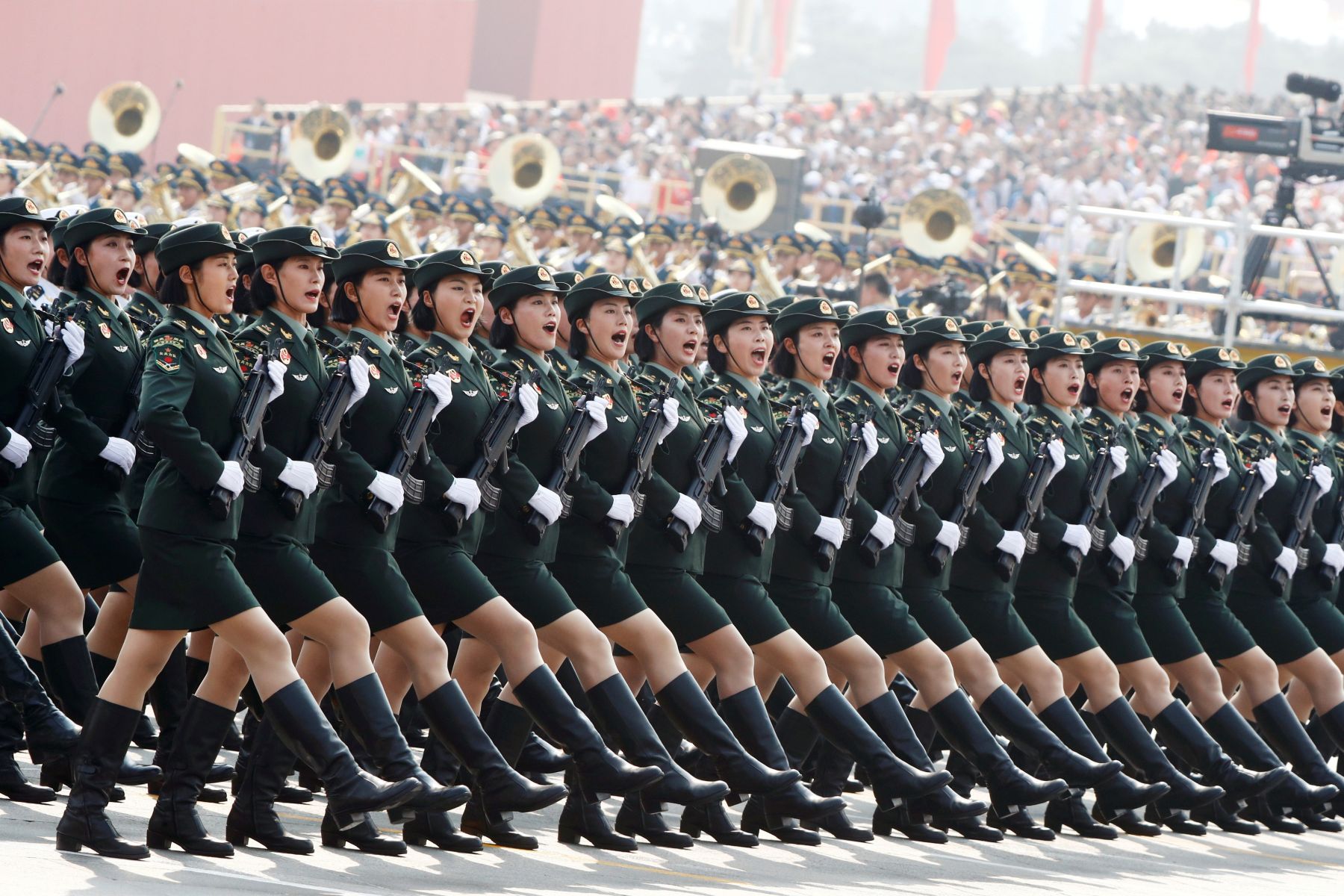


The Ministry of Education, Culture, Sports, Science and Technology and 45 Japanese universities blithely entered into agreements with seven universities that are integral part of China’s...
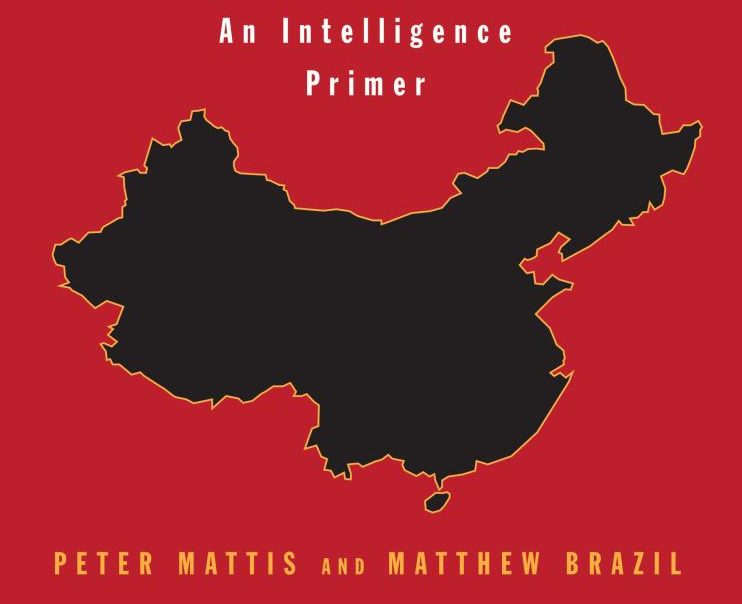


In January of this year, Mitsubishi Electric and NEC, both of whom do classified defense-related work for Japan's Ministry of Defense, separately announced that they...



According to Vladimir Lenin, “There are decades when nothing happens and weeks when decades happen.” As Japan moves into the second year of the Reiwa...